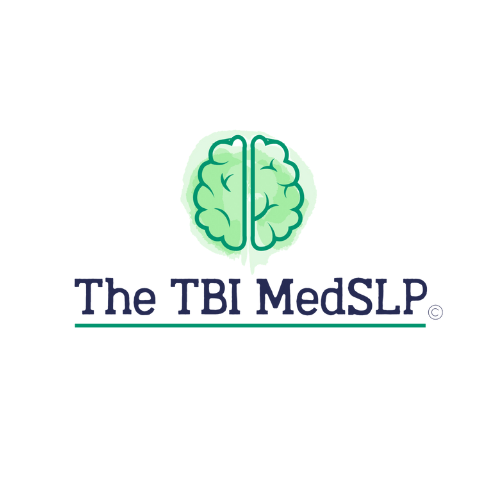Traumatic Brain Injury Treatment
Occupational therapy:
Occupational Therapy (OT) targets various activities related to mobility, self-care, and coordination. Occupational therapy tasks target improving upper body strength and safely performing daily, tasks. The focus of this therapy is to help individuals return to their community and daily life, safely. Occupational therapy can help individuals return to community activities: a paid job, volunteer work, school, or a hobby. It can also focus on guiding the steps required for returning to school or employment.
Speech Therapy:
Speech therapy targets on improving the areas of speech and swallowing, as well as the cognitive abilities. Working with a speech therapist and improving these skills allow individuals to gain increased independence, safety awareness, confidence, and reduced frustration in daily life. Improved cognitive-communication increase communication with others and more fluid re-integration into the community. This leads to better social, emotional, and professional benefits that can positively impact all areas of life.
Physical Therapy:
Physical therapy (PT) helps individuals regain lost physical abilities. Physical therapy works on a range of impairments such as difficulty walking, lower body strength, and physical coordination. Physical therapy tasks include stretching, using new assistive equipment, and physical exercises.
Counseling:
Counseling or therapy is a way to help you understand your thoughts and learn how to manage your feelings. It gives you strategies to deal with what you're going through, which can make you feel more in control. With counseling, you can get back to doing the things you enjoy in life.
Social Support and Support Groups:
Social support groups are places where you can talk to others who are going through similar experiences. Support groups give you a chance to share your experiences and get support from people who understand what you're going through. Your family and friends can also be a big help in getting you the treatment you need and supporting you with your symptoms.
Medicines
Medications can help you feel better if you have problems sleeping, chronic pain, headaches, feeling anxious or sad, or trouble remembering things. Talk to your doctor to find out which medicines are right for you.



